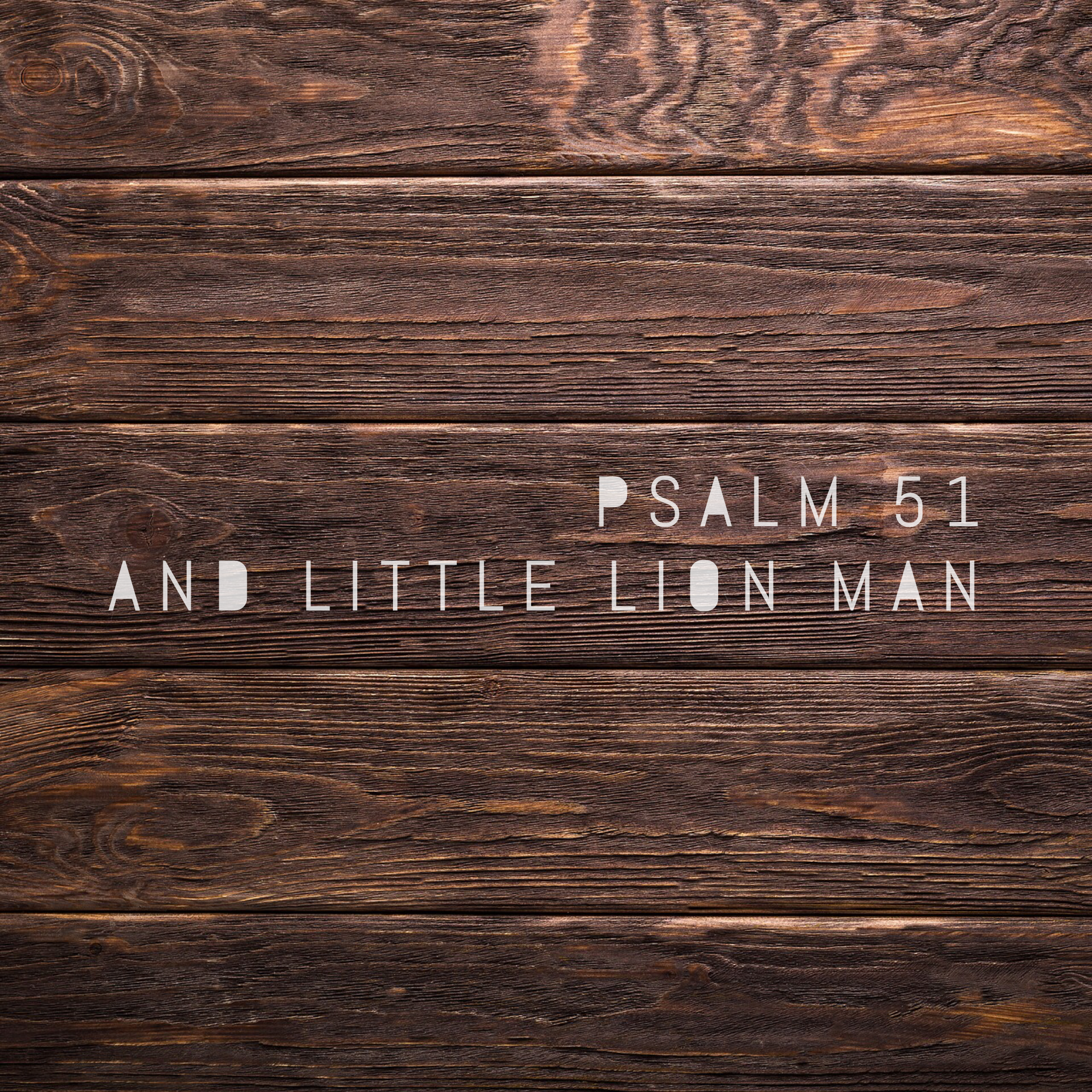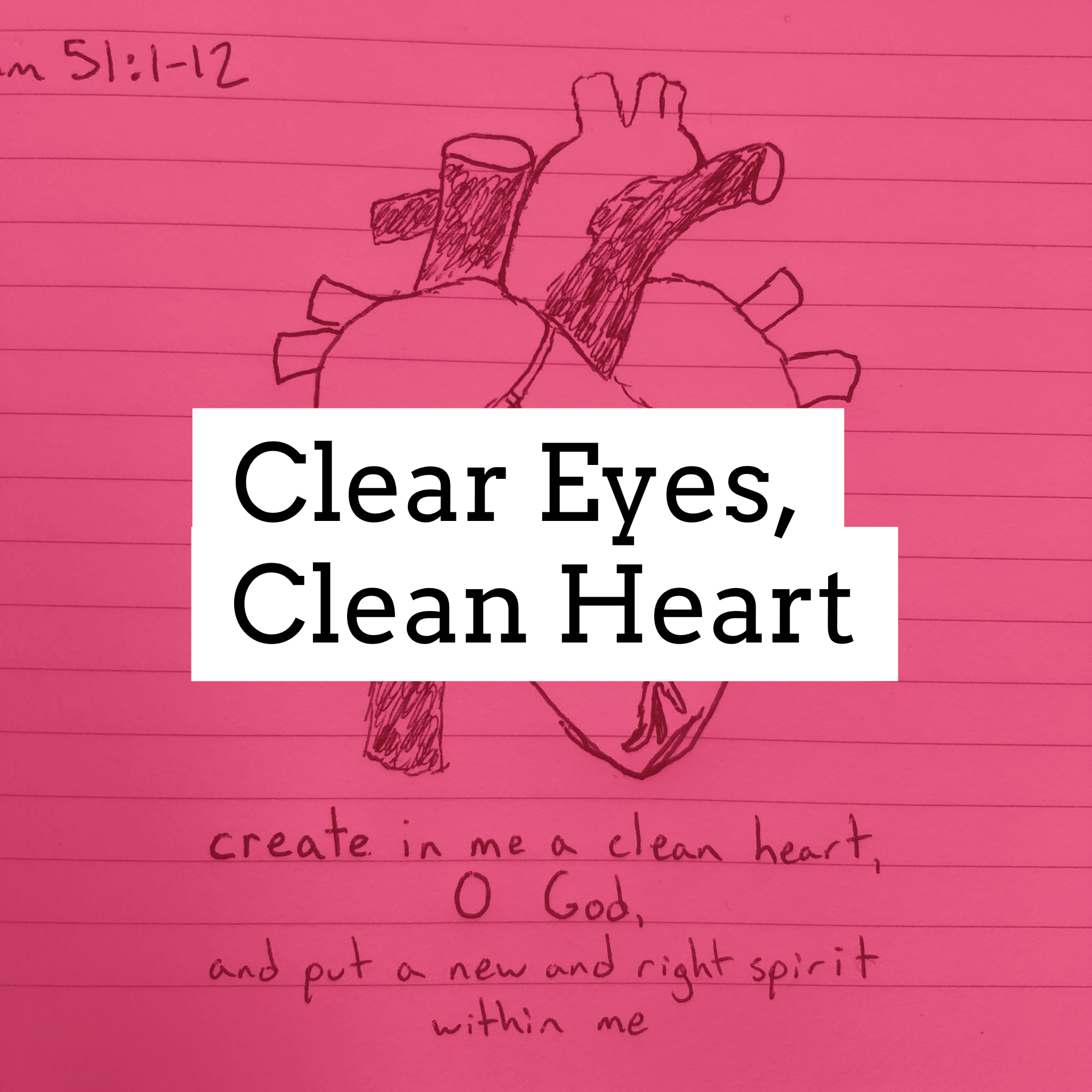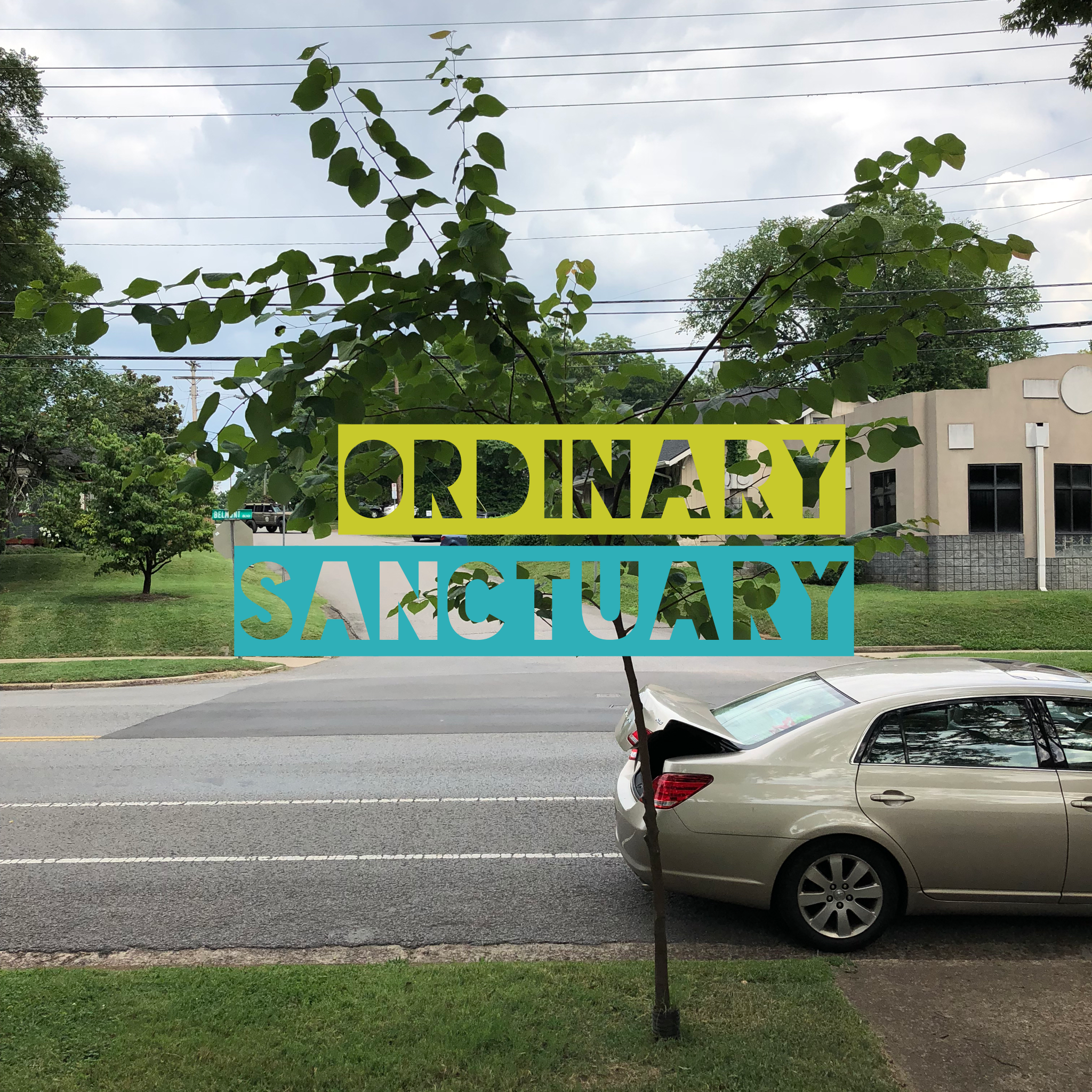Psalm 51 and Little Lion Man
I'm working on a sermon for Sunday. The text is Psalm 51 and preaching from such a familiar passage is both a blessing and a curse. I've been been examining this song of repentance from every angle. What it says is so simple, but often the simplest things are the most difficult to say. Trying to go to sleep tonight, my brain kept turning the passage like a Rubik's cube and then a refrain from a song made my eyes spring open.
And I totally cannot use it in my sermon.
But it was not your fault but mine
And it was your heart on the line
I really f----- it up this time
Didn't I, my dear?
Yeah...songs that drop the f-bomb multiple times don't really make for good Sunday morning illustrations. But it is post-midnight on Wednesday so I'm going to try to write Mumford & Sons' "Little Lion Man" out of my system so that I can move forward.
As I have been digging through commentaries about the 51st psalm, I've been struck by the clinical, dispassionate distance with which theologians regard these words. I understand that impulse. The psalm is a part of scripture and thus in one respect is a cog in a theological machine. Yet on the other hand, these are the words of someone (traditionally David) who was devastated by the realization that they had colossally screwed up. We lose sight of that sometimes.
Take the line "Indeed, I was born guilty, a sinner when my mother conceived me." For nearly 2,000 years, and I know this because there are commentaries that compile the interpretations of early Christian thinkers, people have looked at that verse as a proof for original sin. "You see, this verse here is why even babies are full of sin and you better baptize them."
But I don't think the psalmist was trying to make any sort of definitive theological statement about the human condition pertaining to evil when one is a fetus. I think this individual realized the abject brokenness that was within him and was saying, "My God! I must have been evil from the very beginning to have done something this heinous!" Psalm 51 is a song filled with poetry and evocative image. The words tumble with desperation and brokenness. There is raw human emotion pulsing under the page and I feel like I have been reading dry, owner's manuals about it all week.
I understand that these commentators are just doing their jobs, but taking a wider view I do wonder sometimes if we as Christians make scripture so holy that we lose the humanity that made scripture speak and teach in the first place. When we try to turn every phrase into a law or a theological precept, we lose the narrative of flawed human beings who were wrestling tooth and nail with God, others, and themselves.
And I think that is why "Little Lion Man" roused me out of bed to write this post. In it, I hear the psalmist's raw reckoning of the wrong he has done. Maybe we would like to skip past the scorched earth from the f-bombs. But I think the profane honesty may be closer to the psalmist's condition, and our own when faced with our misdeeds, than we would maybe like to admit. Our repentance likely needs that rawness in spirit if not necessarily in verbiage.






